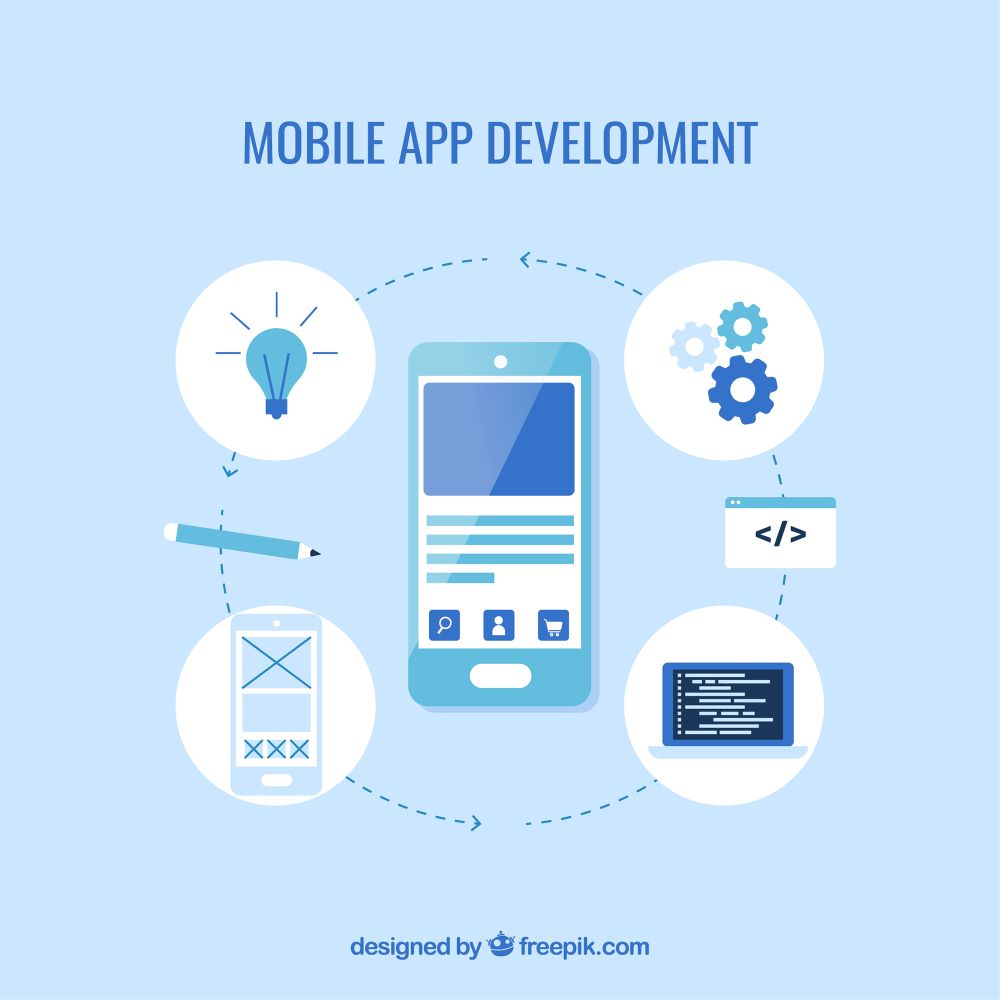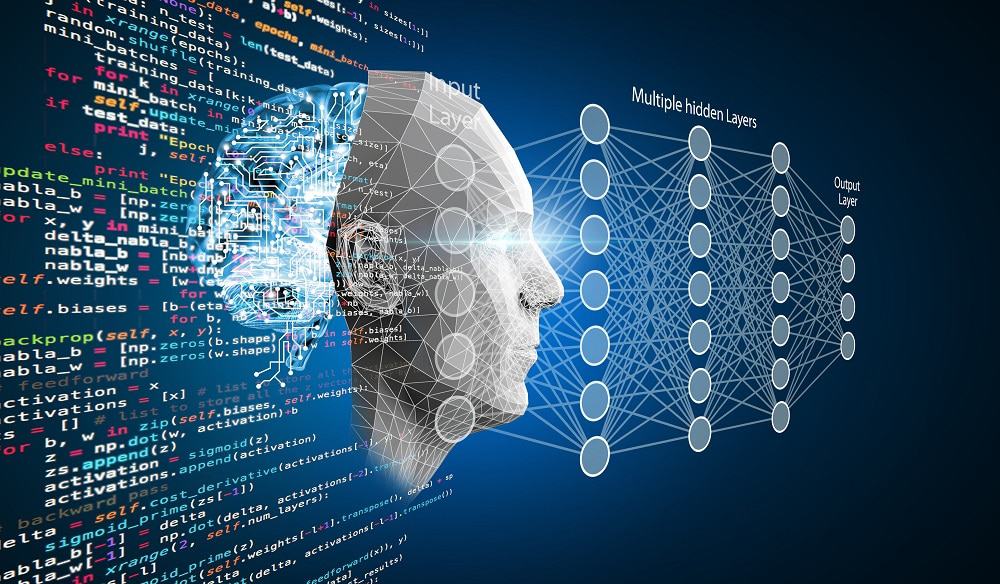Introduction
In the ever-evolving landscape of technology, the mobile app industry continues to witness remarkable growth. With smartphones becoming an integral part of everyday life, businesses are increasingly leveraging mobile applications to enhance customer engagement, streamline operations, and drive revenue. However, this rapid expansion brings forth new challenges and opportunities, particularly with the emergence of innovative technologies. In this article, we explore the profound impact of these emerging technologies on mobile application development services.
-
Evolution of Mobile App Development Services
Before delving into the influence of emerging technologies, it’s crucial to understand the evolution of mobile app development services. Initially, mobile applications were primarily developed for basic functionalities such as messaging, email, and calendar. However, as smartphones became more sophisticated, the demand for feature-rich and visually appealing apps surged.
Traditional app development processes involved lengthy development cycles, high costs, and limited scalability. Developers had to write separate codebases for various platforms like iOS and Android, resulting in increased time-to-market and maintenance overheads. Moreover, ensuring compatibility across different devices and operating systems posed significant challenges.
To address these issues, mobile app development services underwent a paradigm shift with the advent of cross-platform development frameworks like React Native, Flutter, and Xamarin. These frameworks allowed developers to write code once and deploy it across multiple platforms, thereby reducing development time and costs significantly. Additionally, advancements in cloud computing, artificial intelligence (AI), and Internet of Things (IoT) further revolutionized the mobile app landscape.
-
Impact of Emerging Technologies
a. Artificial Intelligence (AI) and Machine Learning (ML)
AI and ML have become indispensable tools for enhancing user experiences and driving personalization in mobile applications. From intelligent chatbots to recommendation engines, AI-powered features enable apps to understand user behavior, preferences, and patterns, thereby delivering tailored content and services.
Moreover, AI algorithms facilitate predictive analytics, enabling businesses to anticipate user needs and offer proactive solutions. For instance, e-commerce apps utilize AI-driven product recommendations based on past purchases, browsing history, and demographic data. Similarly, AI-powered virtual assistants like Siri and Google Assistant have redefined how users interact with mobile devices, enabling voice-based commands and natural language processing.
In the realm of mobile application development services, AI and ML technologies streamline various processes such as app testing, bug detection, and performance optimization. Automated testing frameworks leverage machine learning algorithms to identify bugs, performance bottlenecks, and security vulnerabilities, thereby accelerating the testing phase and ensuring robust app quality.
b. Augmented Reality (AR) and Virtual Reality (VR)
AR and VR technologies have unlocked new realms of possibilities in mobile app development, particularly in gaming, entertainment, education, and retail sectors. AR overlays digital content onto the real world, enhancing user experiences and enabling immersive interactions. On the other hand, VR creates entirely virtual environments, allowing users to immerse themselves in simulated worlds.
Mobile apps leveraging AR enable users to visualize products in real-world settings before making purchasing decisions. For example, furniture retailers offer AR-powered apps that allow customers to see how a piece of furniture would look in their home before buying. Similarly, AR-based navigation apps provide real-time directions by overlaying route information onto the smartphone’s camera feed.
In the realm of VR, mobile apps offer immersive gaming experiences, virtual tours, and training simulations. Educational institutions utilize VR apps to provide students with virtual field trips and interactive learning experiences. Moreover, VR-based training modules help employees simulate real-world scenarios in industries such as healthcare, aviation, and manufacturing.
c. Internet of Things (IoT)
The proliferation of IoT devices has led to a surge in demand for mobile apps capable of interacting with connected devices. IoT-enabled mobile applications facilitate seamless communication and control of smart home appliances, wearable devices, industrial sensors, and automotive systems.
For instance, smart home apps allow users to remotely control thermostats, lights, security cameras, and door locks from their smartphones. Similarly, health and fitness apps sync with wearable devices like fitness trackers and smartwatches to monitor users’ activity levels, heart rate, and sleep patterns.
From a development perspective, integrating IoT functionality into mobile apps requires expertise in sensor data processing, wireless communication protocols, and cloud connectivity. Mobile application development services are increasingly focusing on IoT solutions to cater to the growing demand for connected experiences across various industries.
d. Blockchain Technology
Blockchain technology has gained traction in mobile app development, primarily in sectors such as finance, healthcare, supply chain, and decentralized applications (DApps). Blockchain enables secure, transparent, and tamper-proof transactions by decentralizing data storage and authentication mechanisms.
Mobile apps leveraging blockchain technology offer enhanced security, data integrity, and privacy protection. For instance, blockchain-based payment apps facilitate fast and secure peer-to-peer transactions without the need for intermediaries like banks. Similarly, healthcare apps utilize blockchain to ensure the integrity and confidentiality of electronic health records (EHRs).
Moreover, blockchain-powered decentralized apps (DApps) enable developers to create innovative solutions for various use cases such as decentralized finance (DeFi), supply chain management, and digital identity verification. Mobile app development services are exploring ways to integrate blockchain capabilities into their offerings to meet the evolving needs of businesses and consumers.
-
Challenges and Opportunities
While emerging technologies present immense opportunities for mobile app development services, they also pose certain challenges that need to be addressed effectively.
a. Skill Gap: Adopting emerging technologies requires developers to acquire new skill sets in AI, AR/VR, IoT, and blockchain. Bridging the skill gap and training existing talent is crucial for harnessing the full potential of these technologies.
b. Security Concerns: With the proliferation of connected devices and data-intensive applications, ensuring robust security measures is paramount. Mobile app developers must implement encryption, authentication, and access control mechanisms to safeguard user data and privacy.
c. Device Fragmentation: The diversity of devices, screen sizes, and operating systems poses challenges for ensuring compatibility and optimal performance across different platforms. Developers need to adopt responsive design principles and conduct thorough testing to deliver a seamless user experience.
d. Regulatory Compliance: Emerging technologies such as AI, IoT, and blockchain are subject to various regulatory frameworks concerning data privacy, cybersecurity, and consumer protection. Mobile app developers must ensure compliance with relevant regulations and standards to mitigate legal risks.
Despite these challenges, emerging technologies offer unprecedented opportunities for innovation, differentiation, and growth in the mobile app development industry. Businesses that embrace these technologies can gain a competitive edge by delivering immersive experiences, personalized services, and disruptive solutions to their customers.
-
Future Outlook
The rapid pace of technological innovation. It ensures that the mobile app development landscape will continue to evolve in the coming years. Emerging trends such as 5G connectivity, edge computing, quantum computing, and mixed reality (MR) are poised to further reshape the mobile app industry.
5G technology promises ultra-fast download speeds, low latency, and massive connectivity. It enabling the widespread adoption of bandwidth-intensive applications like augmented reality, cloud gaming, and IoT. Edge computing facilitates decentralized data processing and real-time analytics at the network edge. It is enhancing the responsiveness and scalability of mobile apps.
Quantum computing holds the potential to revolutionize encryption, optimization, and machine learning algorithms. It unlocking new possibilities for secure and intelligent mobile applications. Mixed reality (MR) combines elements of augmented reality and virtual reality. It enabling seamless integration of digital content with the physical world.
Conclusion
In conclusion, the impact of emerging technologies on mobile app development services is profound and far-reaching. From AI-driven personalization to blockchain-enabled security, these technologies are transforming how mobile apps are built, deployed, and experienced. Mobile app developers and businesses must adapt to these changes. It embrace innovation, and leverage emerging technologies to stay ahead in an increasingly competitive market.
By embracing innovation and staying abreast of emerging technologies, mobile app development services can unlock new opportunities. This drive user engagement, and deliver exceptional value to their clients and end-users alike.



